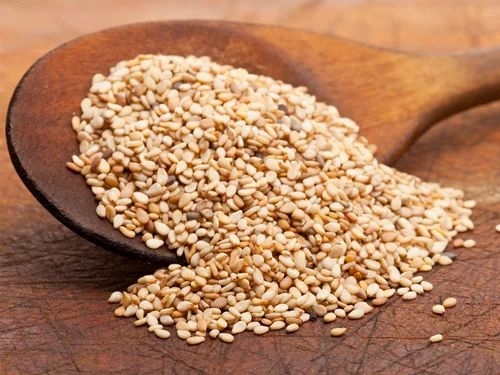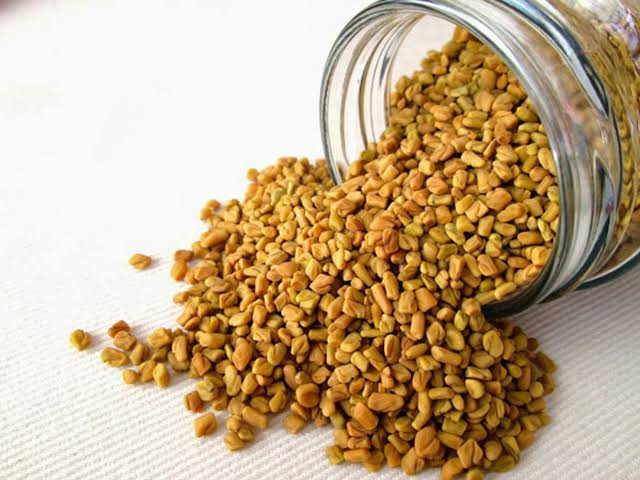The Spice of Life: Medicinal Uses and Health Benefits of Cinnamon
Cinnamon, a fragrant spice derived from the bark of trees in the Cinnamomum family, has been cherished for its flavor and medicinal properties for centuries. Not only does it add warmth and depth to various culinary dishes, but it also boasts a wide array of health benefits. In this blog, we'll explore the medicinal uses and health advantages of cinnamon that make it a valuable addition to your pantry.
1. Anti-Inflammatory Properties
One of the key health benefits of cinnamon is its anti-inflammatory properties. Cinnamaldehyde, the compound responsible for cinnamon's distinctive flavor and aroma, also has potent anti-inflammatory effects. This can help reduce inflammation in the body, potentially aiding in the management of conditions like arthritis and inflammatory bowel diseases.
2. Blood Sugar Control
Cinnamon is renowned for its potential to improve insulin sensitivity and regulate blood sugar levels. Studies have shown that cinnamon may lower fasting blood sugar and improve insulin resistance in individuals with type 2 diabetes. Regular consumption of cinnamon may contribute to better glycemic control, making it beneficial for those with diabetes or those at risk of developing the condition.
3. Antioxidant Powerhouse
Cinnamon is rich in antioxidants, which help combat oxidative stress and reduce the risk of chronic diseases. These antioxidants protect cells from damage caused by free radicals and may play a role in preventing conditions such as cancer, heart disease, and neurodegenerative disorders like Alzheimer's disease.
4. Heart Health
Cinnamon may have a positive impact on heart health by reducing risk factors such as high blood pressure and high cholesterol levels. Some studies suggest that regular consumption of cinnamon can lower both systolic and diastolic blood pressure. Additionally, it may help lower levels of LDL cholesterol, often referred to as "bad" cholesterol, which is a risk factor for heart disease.
5. Antimicrobial Properties
Cinnamon has been used historically as a natural preservative due to its antimicrobial properties. Its compounds can inhibit the growth of bacteria and fungi, making it an excellent addition to foods and a potential natural remedy for infections. Some research also suggests that cinnamon may help combat oral bacteria, which can contribute to bad breath and dental problems.
6. Digestive Aid
Cinnamon can aid in digestion by reducing gas and bloating. It may also help alleviate symptoms of indigestion and acid reflux. Additionally, cinnamon is known for its carminative properties, which can ease stomach discomfort and cramping.
7. Weight Management
While not a miracle weight loss solution, cinnamon may support weight management efforts. It can help stabilize blood sugar levels and reduce sugar cravings, potentially assisting individuals in controlling their calorie intake and maintaining a healthy weight.
Conclusion
Cinnamon is more than just a delicious spice; it's a powerful ally for your health and well-being. Its anti-inflammatory, blood sugar-regulating, and antioxidant properties, along with its benefits for heart health, digestion, and more, make it a valuable addition to your diet.
Incorporating cinnamon into your daily routine can be as simple as sprinkling it on oatmeal, adding it to smoothies, or using it as a flavor enhancer in various dishes. However, it's important to note that while cinnamon can offer numerous health benefits, it should be consumed in moderation, as excessive intake may lead to side effects.
As with any dietary changes or supplements, it's advisable to consult with a healthcare professional, especially if you have underlying medical conditions or are taking medications. When used wisely, cinnamon can be a flavorful and healthful addition to your life.




Comments
Post a Comment